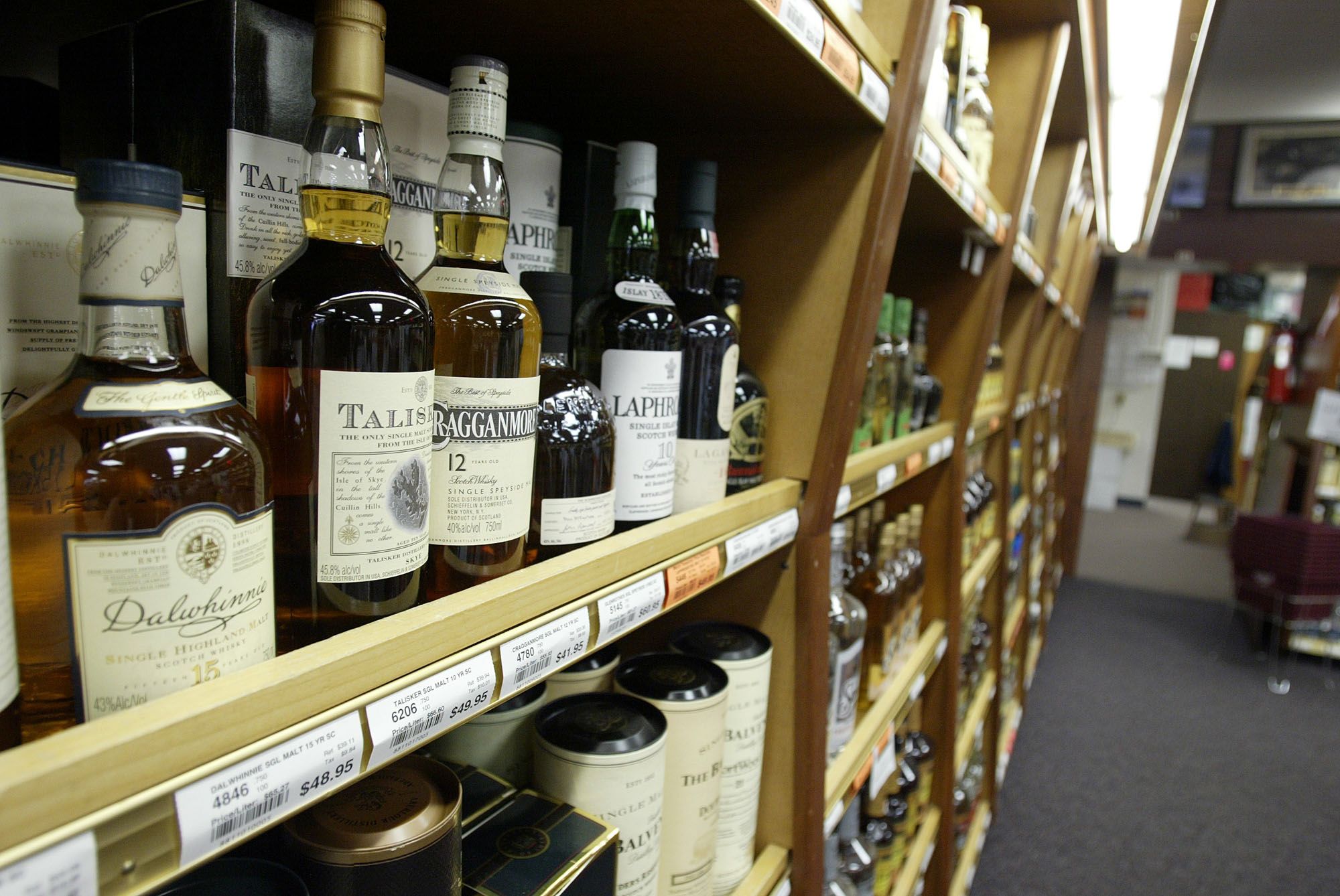Current charges under state control
For an 0.75 liter bottle
Average cost $6.50
Mark up (51%) $3.33
Spirits tax (20.5%) $2.01
Flat tax $2.83
Total $14.67
Private sales as of June 1
Estimate for an 0.75 liter bottle
Average cost $8.78
Includes 10% distributor fee
and 17% retail fee
Mark up (52%) $4.57
State estimate
Spirits tax (20.5%) $2.73
Flat tax $2.83
Total $18.91
SOURCE: Washington State Liquor Control Board
A contract liquor store in Amboy is closing after Saturday, one of 10 contract stores that will close over the next week at the request of store managers.
The Amboy store, at 39714 N.E. 216th Ave., is the only Clark County store on the closure list released late Friday by the state Liquor Control Board. Private liquor sales begin in Washington on June 1.
OLYMPIA — Contract liquor store owners and others who bid on the former state-run liquor stores at auction, raised concerns Thursday at a state Liquor Control Board meeting. They were worried about fees they’re facing once the state transitions to private sales June 1.
The owners said the double-digit fees could result in layoffs or store closures.
The fee that stood out Thursday was a 17 percent fee the owners will have to pay on all spirits sales revenue, including wholesale sales, such as to restaurants and bars.



